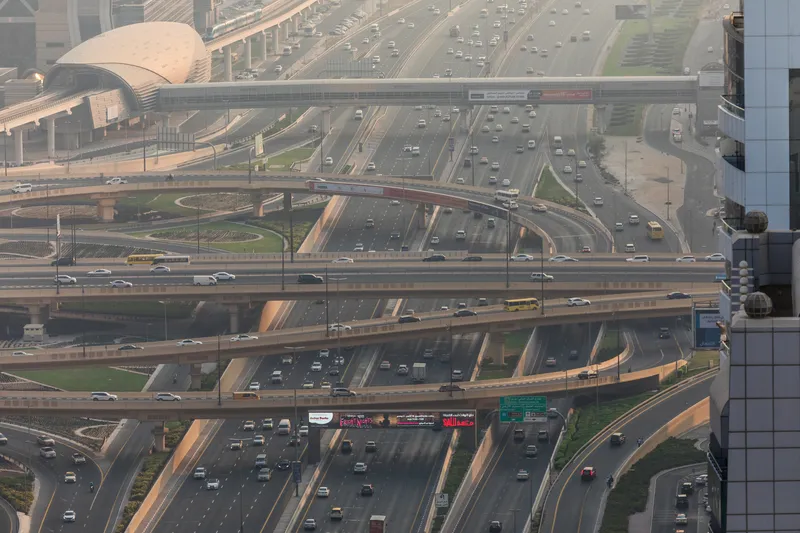Laura Barrera, director of Intertraffic Mexico, says the third edition will recognise companies and organisations that contribute actively to solving mobility challenges.
"We want to highlight innovative projects in the industry, which is why we hold the second edition of the Intertraffic Award Latin America,” Barrera adds.
In a packed conference programme, Cristopher Zegras, professor at the
Mark van Kerkhof, managing consultant, smart and green mobility at APPM Management Consultants, will discuss the value of a charging infrastructure in public areas and the role of e-mobility and smart charging in energy transition.
Leonardo Vásquez, project manager of Fanalca - Transdev Colombia, will host a VIP session on the operation of fleets of electric buses, the perspective of an international operator and the strategic differences of diesel and electric technology.
Previewing the event at a panel discussion last Wednesday, José Navarro Meneses, general director of Tarsus México, said mobility plays a fundamental role in helping cities overcome challenges to become more livable and sustainable.
“In 2050, 70% of the population will live in cities and demand efficient public transport, better roads, as well as products, systems, services, technology and solutions for a better performance of people, institutions and companies,” Meneses added.
The panel also included Barrera, Bernardo Baranda Sepúlveda, Latin America regional director of the Institute for Transportation and Development Policies and Lic. Nicolás Rosales Pallares, institutional liaison co-ordinator of the Mexican Association of Transportation and Mobility.
Intertraffic Mexico puts spotlight on ITS innovation
Intertraffic Mexico will highlight best practices from the traffic technology and mobility industry at an event which is expected to host 4,000 ITS professionals this week.
Laura Barrera, director of Intertraffic Mexico, says the third edition will recognise companies and organisations that contribute actively to solving mobility challenges.
"We want to highlight innovative projects in the industry, which is why we hold the second edition of the Intertraffic Award Latin America,” Barrera adds.
In
November 13, 2018
Read time: 2 mins








